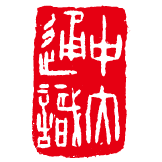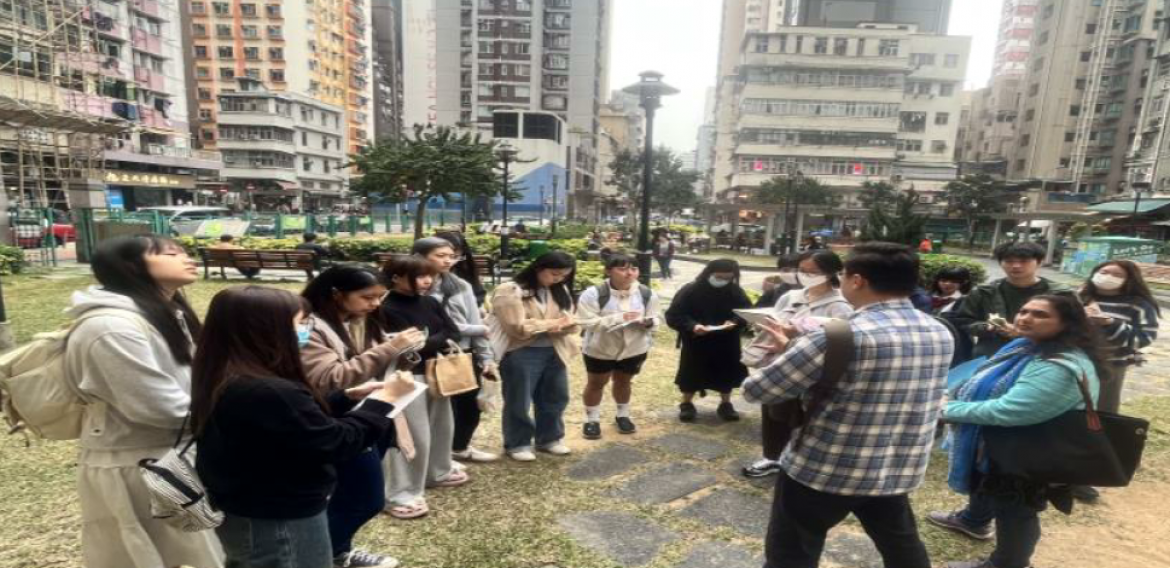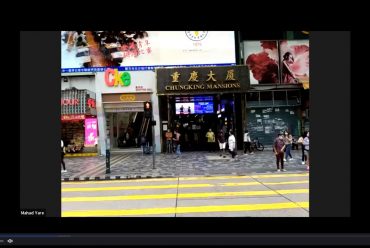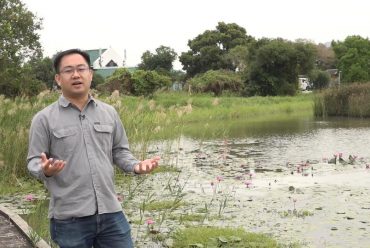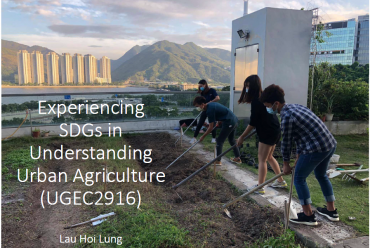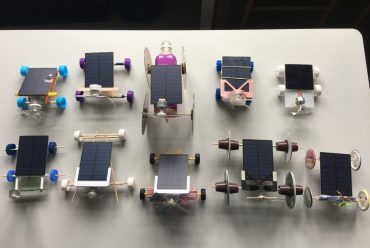Intersectionality of global mobility, migration, ethnicity, and gender
Course code: UGEC3224 Family and Society
Department: Gender Studies Programme
Name of Applicant: Tam Siu Mi, Maria
Brief description of activity:
The field study aims to provide students with hands-on ethnographic training in observation, interview, and data collection on issues faced by families from diverse backgrounds. It augments the knowledge students acquire from course lectures, readings, and discussions, as they apply classroom knowledge in critically thinking and analyzing the issues at hand. Students write a reflexive report on their field experience and offer solutions to both structural problems and challenges that are specific to the families they visit. The field study and report constitute 30% of the final grade.
The first session consisted of a Human Library activity where 3 refugees from Uganda, Zimbabwe, and Rwanda shared their life stories. Social workers at the Center gave a briefing on the policies concerning refugees in Hong Kong, and an overview of the conditions of refugees living here. Students were then divided into three groups of 7, to hear from the refugees firsthand how they and their family were forced to leave their home country, and their experience trying to cope with living in Hong Kong. There was a Q&A session at the end of each human book’s sharing where students were able to questions and discuss issues with them.
The second session was led by the Hong Kong Catholic Commission for Labor Affairs who invited 3 families of different cultural backgrounds and led students on a home visit and interviews. Students met for a briefing by the Commission’s social workers and learned about the conditions of South Asian minority communities in Hong Kong. They were then divided into three groups and each was guided by a social worker for a walk through the neighborhood where the target ethnic minorities lived. During the walk, students visited different shops where ethnic minorities would fill their daily needs, such as grocery store, clothing and accessories store, hair salon and restaurant, and spoke with the Pakistani, Nepali and Indian owners. Then they were brought to a South Asian family for a home visit, where they would do participant observation and interviews to collect information about the families and how their identity as minority affected their life. After the family visit there was a debriefing for the groups to ask questions of their ethnic guide and exchange different views of what they experienced on the day.
Date of Activity: 26 March 2024

